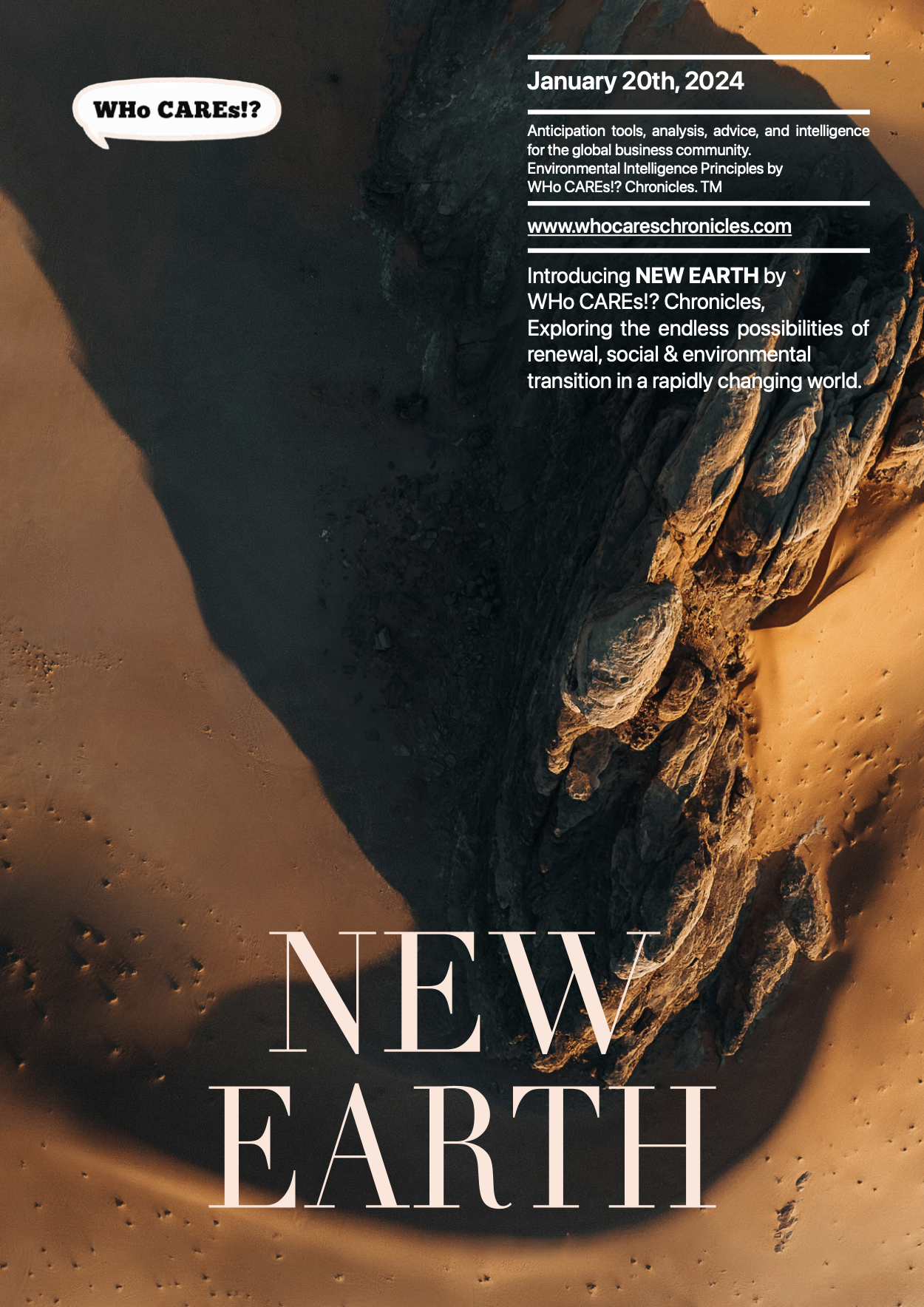February Newsletter
WHo CAREs!? Chronicles
Welcome to our monthly newsletter !
"Nobody black or white who really believes in democracy can stand aside now; everybody's got to stand up and be counted."
Lena Horne
I chose to start our first newsletter (ever) in February. This month has that strange feeling of being in between winter, and spring, a transition indeed.
Specifically, what our world feels like today. In between seasons, the end of one of world and the necessary birth of a new one.
February is also the month of Black History, and I could not think of a better way to celebrate than to feature a powerful poem reflecting on Africa’s rich history and legacy. A legacy, I very much cherish as the descendant of indigenous Africans. The poem is by Gil Scott Heron – His Story.
In this masterful spoken-word piece ‘His Story’. He speaks of a western view of history which comes from a one-sided perspective; thus, inherent biases exist in the rhetoric and prove problematic in today’s multi-cultural society. This needs to be readdressed if we want a more egalitarian society and that starts with the sort of education that Black History Month can provide. With the artistry of a poet and the knowledge of an anthropologist, Gil Scott-Heron illuminates this point perfectly in under three minutes!
Open Networks and Environmental Intelligence for a New Earth - Unlocking the Power of Diverse Connections
The Earth is shifting. As we move towards a "New Earth," one built on collaboration and sustainability, it's crucial to understand the power of open networks.
Closed Networks provide comfort in the familiar but are limited potential. Many of us operate within closed networks – groups bound by shared experiences like industry, religion, or education. While these networks offer comfort and familiarity, they can also limit our perspectives and hinder innovation. Studies show that closed networks lead to "echo chambers," reinforcing existing beliefs and hindering critical thinking.
Open networks, in contrast, connect us with individuals from diverse backgrounds and viewpoints. This "cross-pollination" of ideas sparks creativity, fosters innovation, and equips us to tackle complex challenges. Research by Ron Burt, a leading expert in social networks, reveals that open networks are the strongest predictor of career success.
Environmental Intelligence: Bridging Tradition with Innovation for a New Earth
For generations, indigenous communities have held profound knowledge about the interconnectedness of our planet. Now, after years of dedicated research, a groundbreaking movement is merging this wisdom with the latest advancements in academia, science, and technology. This fusion paves the way for (E.I) environmental intelligence, which are powerful tools created by Who CAREs!? Chronicles to build a sustainable future. Environmental Intelligence is the result of years of study and practice, first with indigenous experts around the world, then through the incorporation of academic institutions and of course modern technology, a wide-open network compiled of 30 years of work and dedication.
Our workshop training and tools have been created with several experts including neuroscientists.
Imagine a world where ancient practices for land management inform cutting-edge climate models. Where traditional ecological knowledge guides the development of innovative renewable energy solutions. This is the promise of EI, a collaborative approach that breaks down silos and celebrates diverse perspectives.
But this journey requires open networks. Stepping outside our comfort zones and forging connections across disciplines is crucial. Imagine an engineer collaborating with an indigenous elder, a farmer sharing insights with a data scientist. These unlikely partnerships spark transformative ideas, fostering a collective intelligence far greater than the sum of its parts.
That's why the New Earth Report is so important. It serves as a roadmap for harnessing the power of EI, outlining its guiding principles, and showcasing real-world examples of its success.
The New Earth Report is more than just a document; it's a call to action. It invites us to join a global movement, to become active participants in building a more sustainable future. Here's how you can get involved:
Read the New Earth Report. Book an E.I Training session or an E.I workshop for you and your team members. These will allow you to gain deeper insights into environmental intelligence and discover inspirational examples of its application.
Expand your network. Seek out diverse connections, forge partnerships across disciplines, and share your knowledge and expertise.
Support initiatives that promote EI. Advocate for policies that encourage collaboration and knowledge sharing and invest in projects that leverage the power of traditional and modern solutions.
Together, let's open and expand our networks, unlock the power of environmental intelligence, and build a New Earth where humanity thrives in harmony with nature.


